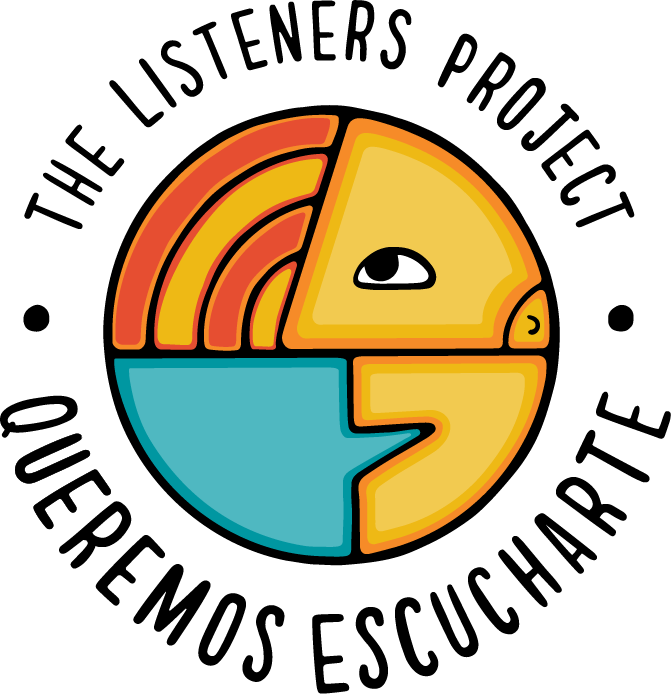Oral History Association Conference 2023
Oral History As/And Education: Teaching and Learning in the Classroom and Beyond
Walking Stories, Embodied Education: Counterstories of the Walla Walla Valley
When: Saturday, October 21, 2023
Time: 8:00a
Where: 57th Annual Oral History Association (OHA) Conference, Baltimore, MD
This listening session features stories from The Listeners Project: Queremos Escucharte (TLP:QE) and their ongoing socially engaged art project, The Walking Institute. We create community experiences of embodied storytelling in the form of narrator-guided walks around the Walla Walla Valley
TLP:QE is a bilingual project that promotes listening as a tool for building community, empowering one another, and celebrating our lives. This project was initiated by the Walla Walla Immigrant Rights Coalition's Colectivo de Arte Social in partnership with the Walla Walla Public Library and Whitman College and Northwest Archives. We record and share stories with a focus on immigrants and first-generation community members whose stories are often excluded from—or misrepresented in—narratives about our region. TLP:QE is both an applied oral history and educational project. Through preserving and amplifying stories, and activating those stories in creative projects, we aspire to demonstrate the interconnectedness of all members of our community in order to promote understanding, empathy and healing.
The Walking Institute features narrators who each lead a walk through a neighborhood, park, school or a location meaningful to their experience living in Walla Walla. Through attending Walking Institute events, community participants experience applied oral history as a means to more deeply understand the experiences of Walla Walla’s most marginalized community members and highlight how all members of the community are intrinsically interdependent with each other, regardless of status or privilege. To support this embodied learning, participants also have access to a curated selection of readings, children's books, and recorded audio materials—hosted by the local public library—and are invited to post-walk meals with time for unstructured dialog. OHA attendees will hear stories from the walks, learn the impact this collective embodied learning framework has on our region, and gain a deeper understanding of ways art can activate oral histories.


